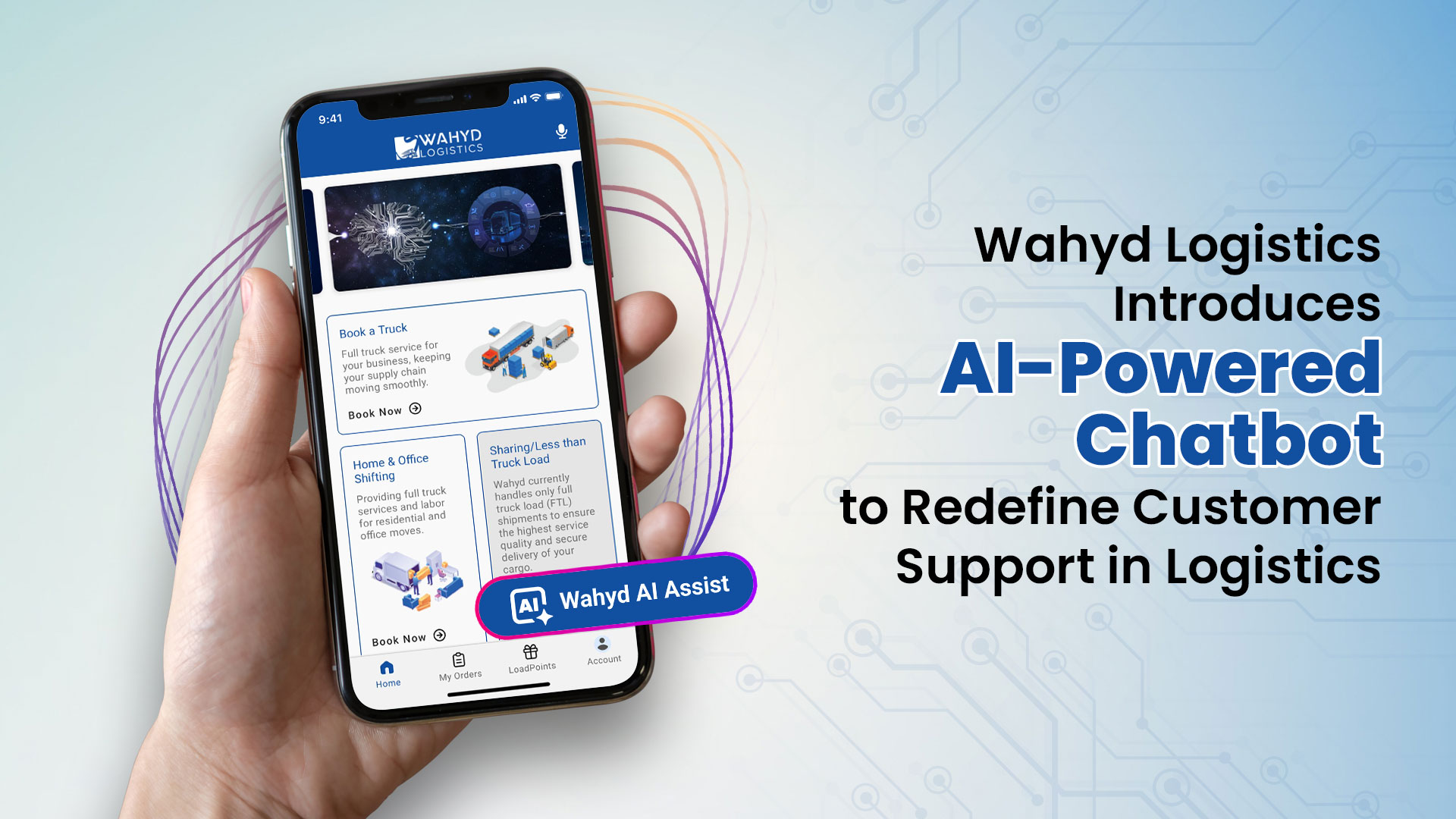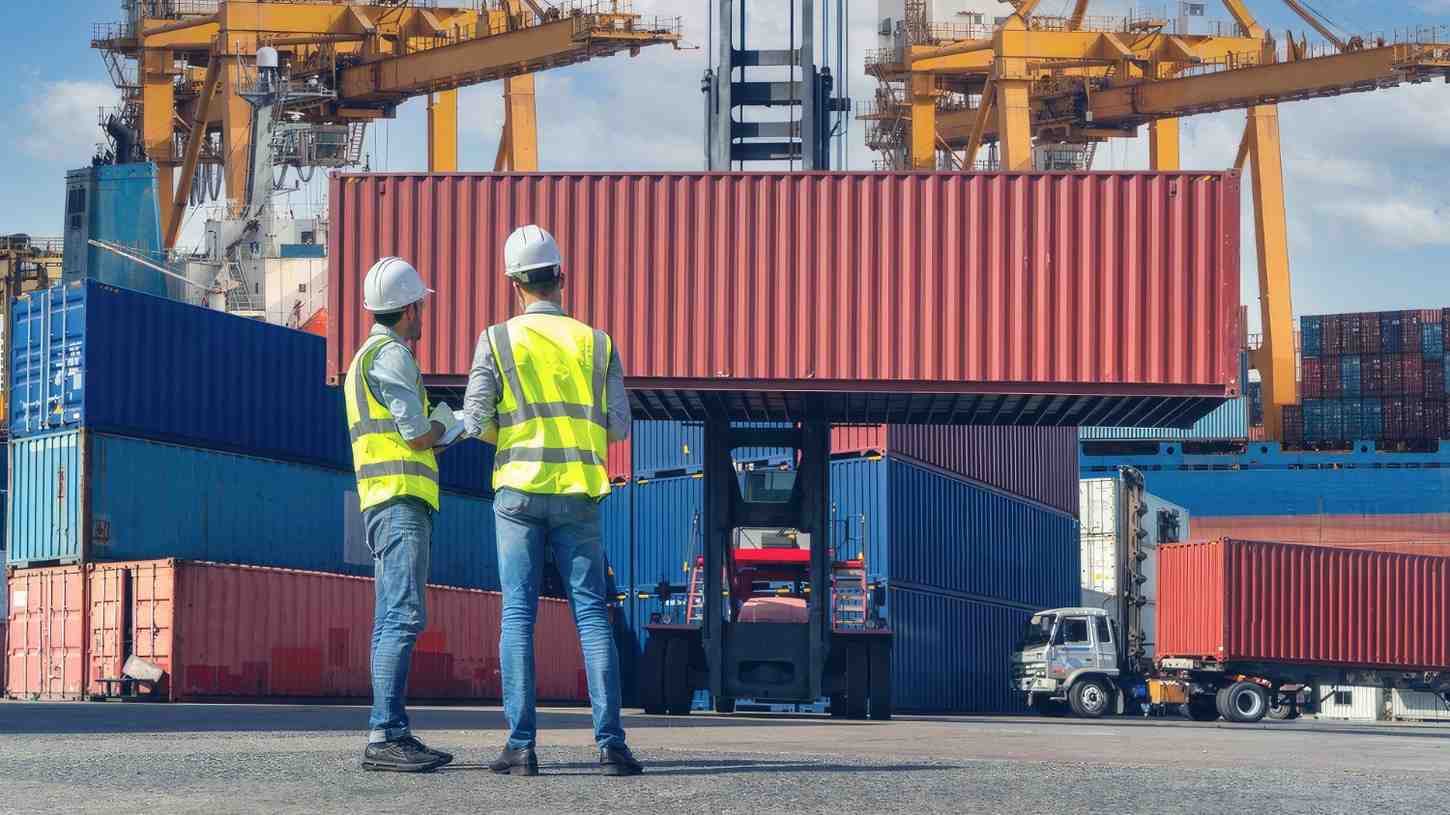
In today’s fast-paced market, small and medium-sized enterprises (SMEs) face numerous challenges in managing their logistics needs efficiently. From warehousing and transportation to distribution and customer service, the logistics landscape is becoming increasingly complex. This complexity has led to a growing interest in outsourcing logistics operations to Third-Party Logistics (3PL) providers. This blog post explores why SMEs should consider partnering with a 3PL provider, focusing on the specific advantages such partnerships can offer.
The Logistics Landscape for SMEs
SMEs often grapple with the demands of managing a seamless logistics operation, which includes not only the physical movement of goods but also inventory management, order fulfillment, and shipping. The challenges in these areas can be significant, especially for businesses looking to scale. Moreover, as customer expectations around delivery speed and service quality continue to rise, SMEs must find ways to meet these demands without compromising profitability or operational efficiency.
What is a 3PL Provider?
A Third-Party Logistics (3PL) provider is a specialized company that takes over the management of your logistics operations, offering services that range from warehousing and transportation to inventory management and order fulfillment. By leveraging the expertise and resources of a 3PL, businesses can significantly improve their logistics operations, often at a lower cost than managing these processes in-house.
Advantages of Partnering with a 3PL Provider for SMEs
Cost Reduction and Efficiency
One of the most compelling reasons for SMEs to outsource logistics is cost savings. 3PL providers can achieve economies of scale that individual SMEs cannot, negotiating better rates for shipping and warehousing, and spreading the cost of labor and technology across multiple clients. This efficiency not only reduces overhead but also allows SMEs to benefit from the 3PL’s expertise in logistics optimization.
Focus on Core Business Activities
Outsourcing logistics frees up SMEs to concentrate on what they do best: developing their products, growing their sales, and enhancing customer relationships. Without the burden of logistics management, businesses can allocate more resources and attention to strategic initiatives that drive growth.
Flexibility and Scalability
3PL providers offer unparalleled flexibility to adjust to market demands, allowing SMEs to scale their operations up or down without the need for significant investment in resources or infrastructure. This agility is particularly valuable in responding to seasonal fluctuations, market trends, or unexpected demand surges.
Access to Expertise and Advanced Technology
Partnering with a 3PL gives SMEs access to expert knowledge and the latest in logistics technology, from advanced warehouse management systems to real-time tracking tools. This can significantly improve inventory accuracy, order fulfillment rates, and overall operational efficiency, providing SMEs with insights and capabilities that would be costly to develop in-house.
Enhanced Customer Satisfaction
Efficient logistics is a key component of customer satisfaction. By ensuring timely delivery and accurate order fulfillment, 3PLs can help SMEs build trust and loyalty with their customers, directly impacting repeat business and positive reviews.
Risk Management
3PLs are adept at navigating the complexities of logistics operations, including compliance with shipping regulations and customs. Their expertise can help SMEs mitigate risks associated with logistics, ensuring smoother operations and fewer disruptions.
Evaluating a Potential 3PL Partner
Choosing the right 3PL partner is crucial. SMEs should consider factors such as the provider’s reputation, the range of services offered, technological capabilities, and cost structure. A good 3PL partner should not only meet the current needs of the business but also have the capacity to support future growth and expansion.
Success Stories
Many SMEs have witnessed transformative benefits from partnering with a 3PL.
1. Fashion Retailer in Europe: Zalando
Background: Zalando is a leading online fashion retailer based in Berlin, Germany. The company faced challenges in managing its rapidly growing inventory and distribution network across Europe.
3PL Solution: Zalando partnered with a 3PL provider specializing in fashion logistics to streamline its supply chain operations. The 3PL implemented advanced warehousing solutions and a sophisticated distribution network that allowed for faster delivery times and improved inventory management.
Outcome: The partnership enabled Zalando to significantly reduce its logistics costs, improve delivery speed to customers, and enhance scalability to enter new markets more efficiently.
2. Tech Start-up in Asia: Xiaomi
Background: Xiaomi, a Chinese electronics company, needed to expand its market presence outside of China and deliver products efficiently to various Asian countries.
3PL Solution: Xiaomi collaborated with multiple 3PL providers across Asia to manage warehousing, fulfillment, and cross-border logistics. These providers offered localized expertise and infrastructure that Xiaomi lacked.
Outcome: This strategy allowed Xiaomi to quickly scale its operations in new markets without significant upfront investment in logistics infrastructure, contributing to its rapid growth as a global brand.
3. Food and Beverage Company in North America: Chobani
Background: Chobani, an American producer of Greek yogurt, sought to improve its distribution efficiency and adapt to fluctuating demand.
3PL Solution: Chobani engaged a 3PL provider with a robust national distribution network and flexible warehousing solutions. The 3PL utilized data analytics to optimize inventory levels and delivery routes.
Outcome: The partnership helped Chobani reduce spoilage rates, lower transportation costs, and ensure product availability across retailers, enhancing customer satisfaction.
4. E-commerce Platform in Africa: Jumia
Background: Jumia, known as the “Amazon of Africa,” needed to navigate the logistical challenges of operating in multiple African countries with varying infrastructure and regulatory environments.
3PL Solution: Jumia partnered with local 3PLs across Africa to leverage their knowledge of the regional logistics landscape, including warehousing, last-mile delivery, and cash-on-delivery transactions.
Outcome: These partnerships enabled Jumia to offer reliable delivery services across a continent with complex logistics challenges, fueling its growth and helping it establish a strong market presence.
5. Manufacturing SME in South America: BRF
Background: BRF, a Brazilian food manufacturer, aimed to export its products globally but faced challenges in managing international logistics and compliance.
3PL Solution: BRF utilized a global 3PL provider with expertise in food logistics and international shipping regulations. The 3PL managed export logistics, including temperature-controlled shipping, customs clearance, and documentation.
Outcome: The 3PL partnership enabled BRF to efficiently reach international markets, comply with global food safety standards, and build a reputation for quality and reliability in exports.
Conclusion
The logistics challenges faced by SMEs in today’s market can be significant, but they are not insurmountable. Partnering with a 3PL provider offers a range of advantages, from cost savings and efficiency gains to enhanced flexibility and access to expertise. For SMEs looking to streamline their logistics operations and focus on their core business, the decision to outsource to a 3PL can be a strategic move towards sustainable growth and success.
If your SME is facing logistics challenges or you’re looking to scale your operations efficiently, it’s worth considering a partnership with a 3PL provider. Contact us at Wahyd Logistics to learn more about how we can tailor our logistics solutions to meet your unique business needs.






